Alternative Energy
Solar Energy: A Spotlight on Home Security
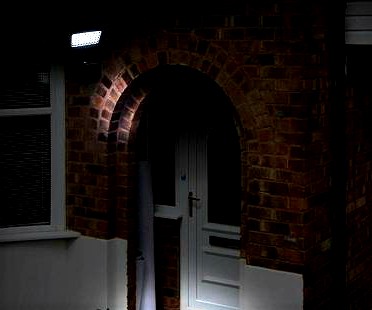
Get Off the Grid: Solar-Powered Security
Security is a major concern these days with the rise of crimes and burglaries committed by criminals who seize every opportunity they can get.
But with most security devices running on electricity and taking substantial measures to improve your home security can take a toll on your wallet.
Not to mention, when the power goes out, so does most of your security system!
The best solution to this dilemma is to use security gadgets that run on solar power.
Solar power continues to gain momentum as more and more people see its value.
In response to the demand, a number of security equipment suppliers are offering solar-powered lights, cameras, and motion sensors.
We’ll examine what’s out there; make recommendations on the best, and how to use them optimally.
Solar-Powered Lighting Systems
Solar-powered lights are quite common these days with scores of them often found adorning landscapes and gardens.
While these accent solar lights certainly serve a purpose, solar spots or floodlights are better choices for security purposes.
Solar spots give off a brighter and more glaring light than accent lights; thus, making intruders think twice before prowling on your property.
These lights can be mounted just about anywhere, and they offer additional safety since they can be installed on stairs or steps to prevent accidents.
Before buying security solar lights, it is important to make the distinction between motion sensor lights and “constantly on” security lights. “Constantly on” lights need to have bigger solar panels and batteries so they can be a bit more expensive than motion sensor lights.
Another thing you might also want to consider is the mode of control.
The best models available today have remote controls and can also be left in an automatic mode, which means that they have a light sensor that will automatically turn it on at dusk and will automatically shut down at sunrise.
Solar Motion Sensors
A solar motion sensor is another security device that you can use to keep prowlers and burglars off the perimeters of your property.
This device detects motion and may serve as a trigger that turns on your alarm system and the security lights.
The latest models of this device also include heat detection and their own floodlights.
Aside from outdoor use, solar-powered motion sensors can also be installed in strategic areas of your home, such as hallways, the living room, stairways, or near windows.
Good devices should have batteries that will last for up to two weeks without recharging.
Solar Cameras
Another device that you can use to amp up security on your property is a solar-powered security camera.
Cameras are best placed in areas where people can easily notice them, such as windows, gates, or doors.
Having a security camera installed is known to deter burglars from entering your property, and even if they do enter, they can be easily identified with the recording device, which can lead to their eventual capture.
In choosing a security camera, you have to choose one that covers a bigger area of your property.
Cameras with longer battery life make the best options as well.
Improved security doesn’t have to translate to a higher electricity bill.
Solar-powered security devices are proven cost-effective measures that deter crime.
Vigilance, after all, is still the best crime buster.
Solar Power: Energy Alternative
DIY Solar Power Projects
Solar Power | Innovative Use of Rooftop Real Estate
-

 Do It Yourself7 months ago
Do It Yourself7 months agoParacord Projects | 36 Cool Paracord Ideas For Your Paracord Survival Projects
-

 Do It Yourself9 months ago
Do It Yourself9 months agoHow To Make Paracord Survival Bracelets | DIY Survival Prepping
-

 Do It Yourself9 months ago
Do It Yourself9 months ago21 Home Remedies For Toothache Pain Relief
-

 Do It Yourself10 months ago
Do It Yourself10 months agoSurvival DIY: How To Melt Aluminum Cans For Casting
-

 Exports8 months ago
Exports8 months agoAre Switchblades Legal? Knife Laws By State

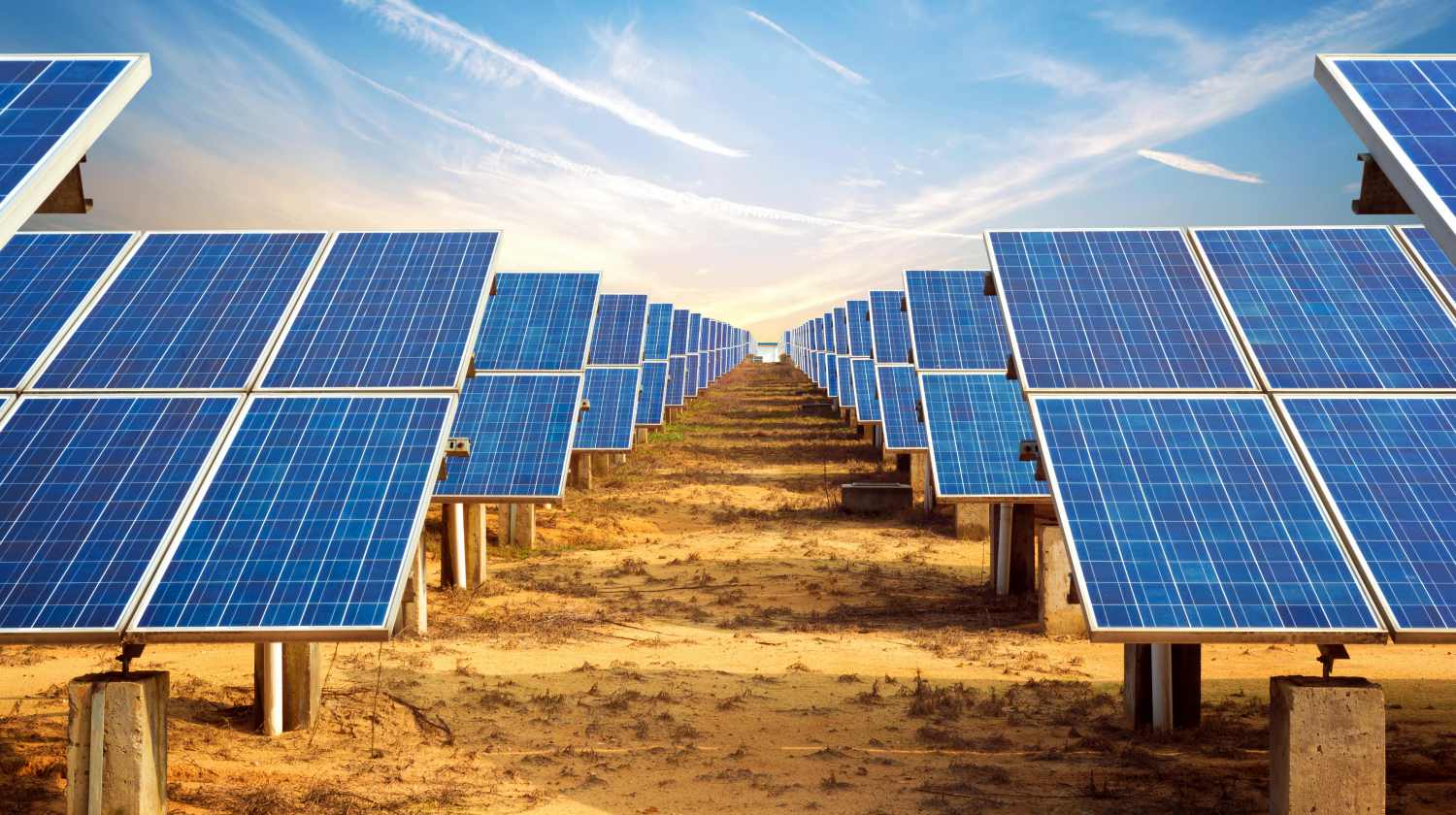
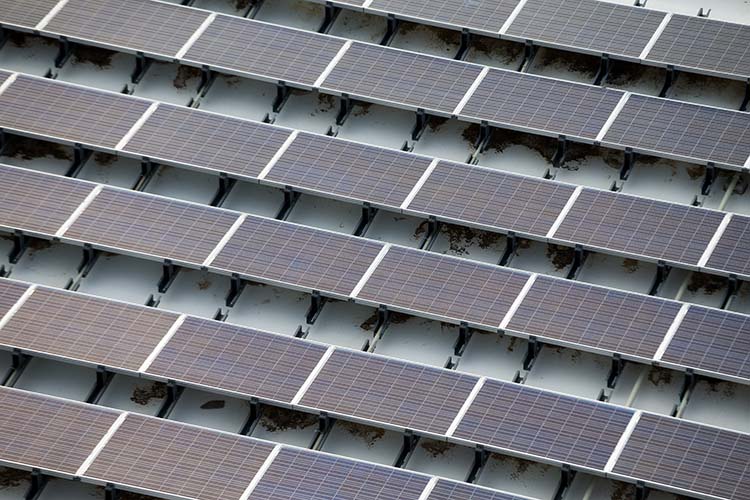
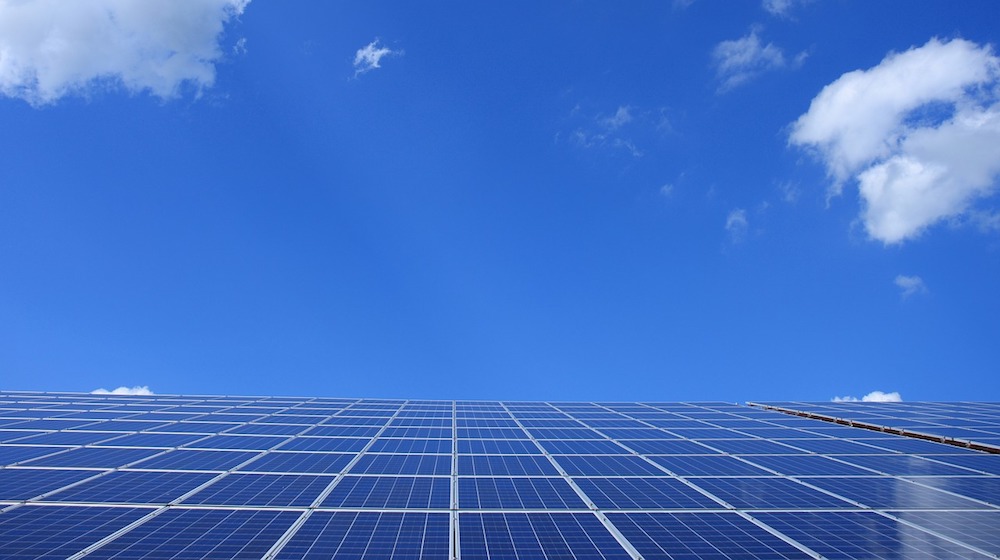
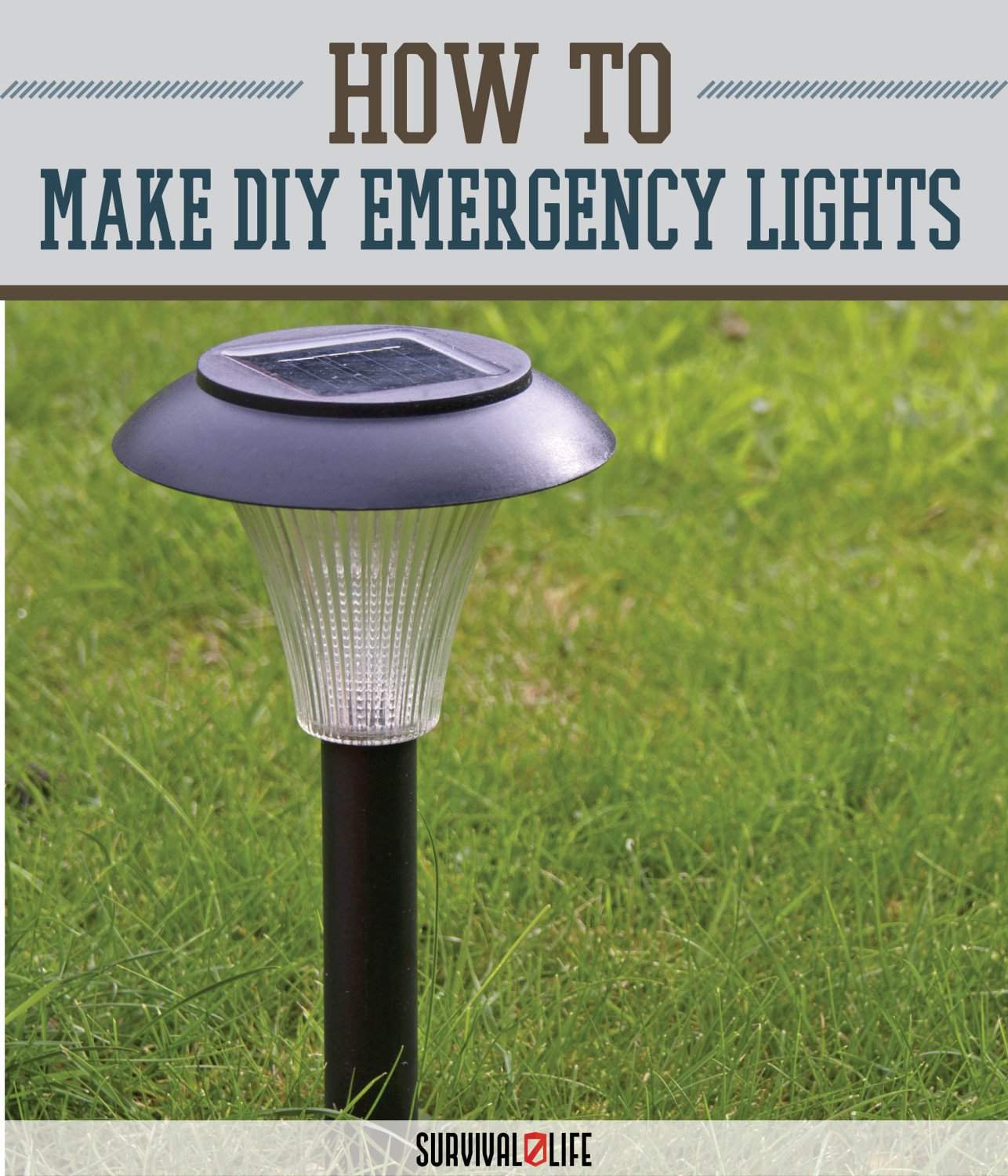
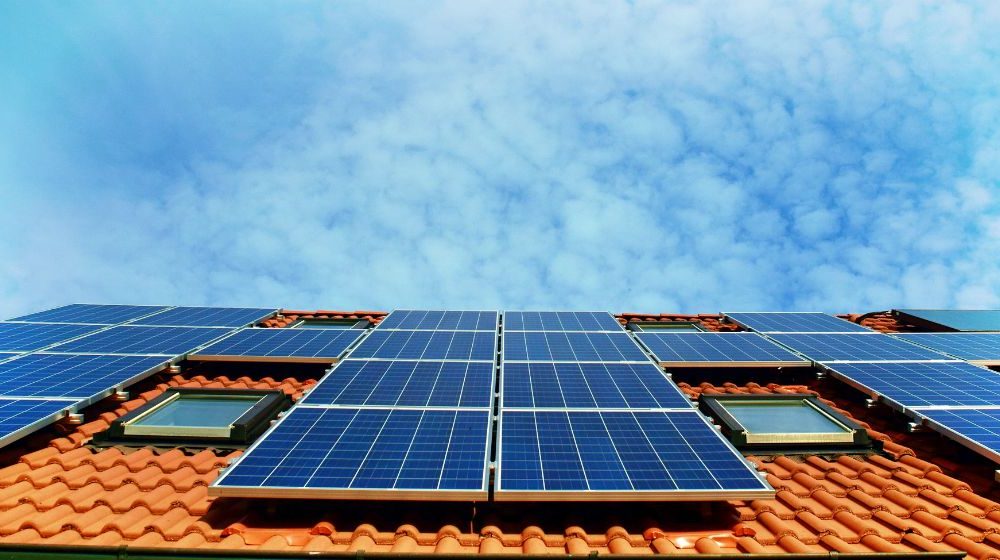
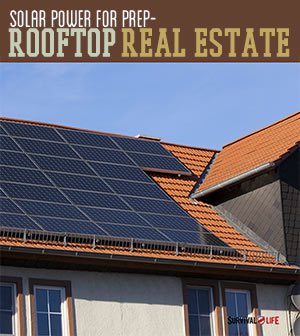

JJM
February 4, 2013 at 11:03 AM
Most of my system is wireless although many key components are powered by AC. Was planning to power the cameras, siren, recorder and controller with a UPS and might want to use my 45 watt solar kit to keep the UPS charged, or relace UPS with golf cart batteries and inverter for longer life. Still need the solar powered motion detector flood lights.
CaptTurbo
February 4, 2013 at 2:57 PM
Everything in my house has been solar powered for three years now. I have a 10.12KW array with grid tied, and hybrid battery based inverters. There is nothing like a battery backed solar power system for piece of mind. I don’t even notice grid failures. My neighbors have called to ask me if my power is out when theirs goes down. I tell them that I’ll have to take a peek at which inverters I’m running on to know. LOL. Great stuff!
Allen
February 4, 2013 at 9:59 PM
I tried a few of the stand alone type solar security lights around my house. It was an experiment to see if they were feasible this far North and in cold weather. I live in Interior Alaska so we get some really cold temperatures and very short, dark days. In mid-winter there is very little solar gain even when the sun is out. The lights do not work well at all under these conditions. There is so little sunlight that the lights do not work when needed most. They will come on every once in awhile but cannot be relied upon. It confirmed what I already suspected.
I just wanted to share this with those living in cold regions of the lower 48 and Canada. A whole house or solar wired set up with larger batteries, in combination with solar, generator back-up or simiar arrangements would be a better option.
Allen
Allen
February 4, 2013 at 10:31 PM
I meant in combination with wind power as well.
Joe
February 4, 2013 at 10:39 PM
Hi Allen, thanks for sharing your experience! I hadn’t thought too much about solars that far north. I wonder, would wind power be a bit more feasible? It’d be interesting to see how efficient they would be in cold weather. Let me know if you have any experience or knowledge in that area.
Great Grey
February 4, 2013 at 10:02 PM
A) Don’t have all cameras visible (makes target to shoot at. Yes, there are people that will do that.)
B) some at low level (gets better view of face)
C) Have pictures stored one more than one device/location (i.e. off site). (Hidden computer, dummy computer that look like the monitor for thieves to take.) Put hidden cameras on one computer and visible cameras on another.
D) Around here straight motion sensors trip all night long when it is windy, so combined heat sensing works better.
Ken
February 5, 2013 at 5:24 AM
This article hardly upholds the standards which I have come to expect here. Is it supposed to be an introduction to a series? I’ve only recently started shopping for solar security lights & cameras, so I was hoping to find some authoritative insight to help optimize my search for components.
“We’ll examine what’s out there; make recommendations on the best, and how to use them optimally.” Really? When? Certainly not in this article. The comments are much more informative.
dennis
January 20, 2014 at 8:16 AM
Love your site! Great info and thinking ahead of the curve….
Paul Erwin
December 27, 2016 at 10:00 AM
what would happen if someone wanted to cut your power off so they spray painted your solar cell panels
William Smithson
December 27, 2016 at 11:03 AM
But the panels would have
already stored power
ChuckS123
December 31, 2016 at 4:54 PM
It seems much cheaper to just have batteries, charged by house power, and no solar panels. That wouldn’t work for extended outages, however.
Slightly off subject, one backup power system had solar panels and batteries that could be charged from the solar, house power, or a car’s cigarette lighter.
Pingback: DIY Home Security Tips To Protect Your Family | Survival Life
Pingback: 9 Steps To Make Your Home Impenetrable - Survivalnomics